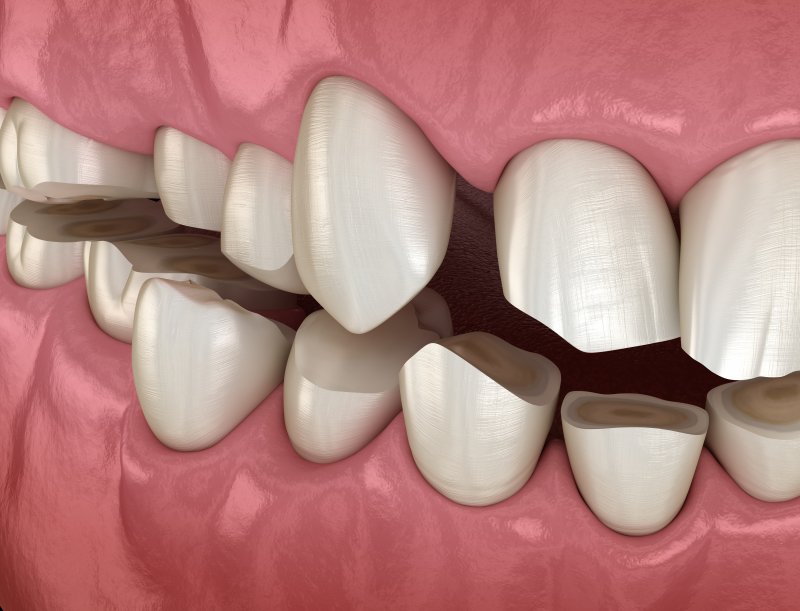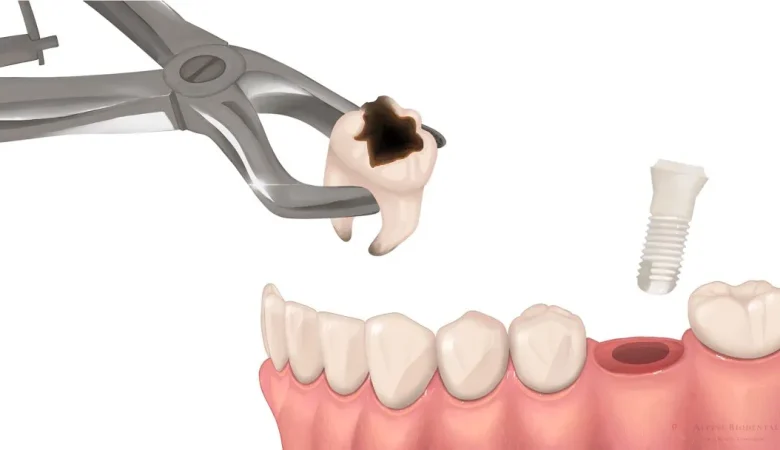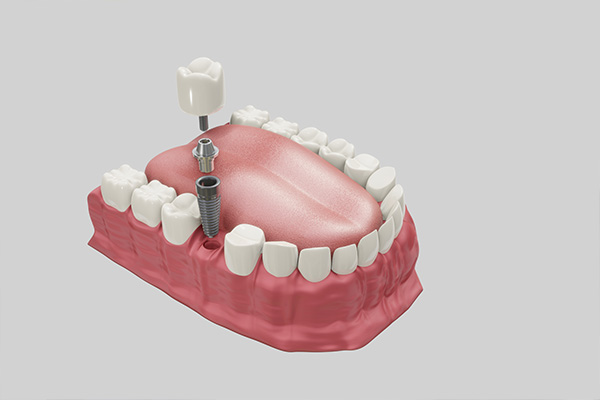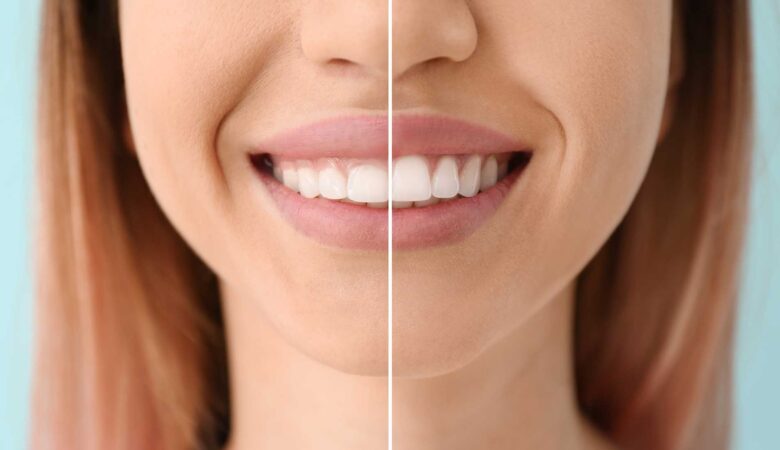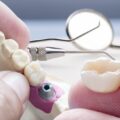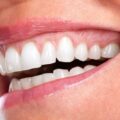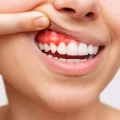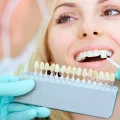The ravages of time: they can remove entire mountains. The situation is similar with our teeth; they can also slowly but steadily lose substance – through countless acid attacks. Even a few years are enough for this. In dentistry, the loss of tooth substance (enamel and dentin) caused by various acid effects is referred to as tooth erosion. The damaging acids come into direct contact with the teeth and come, for example, from drinks, food or the stomach. Since tooth erosion is a gradual and painless process for a long time, most people do not even notice it – although around a third of the population is affected.
Sour makes fun? But not your teeth!
Tooth enamel and exposed dentin are attacked by acids and slowly dissolved. The surfaces of the front teeth of the upper jaw facing the palate and the chewing surface of the posterior teeth are most affected. Over time, the tooth enamel becomes more transparent – the yellowish dentin shines through the enamel more and more. The teeth also become more sensitive. Dental erosion can no longer be reversed, which is why preventive measures are extremely important.
Raise awareness: This is how much acid our food contains – and our bodies
The origin of the damaging acids can be divided into two categories: the exogenous and the endogenous causes. We introduce exogenous acids (extrinsic origin) into the body from outside, most often through acidic drinks and foods. While the acids attack the tooth, they also stimulate the production of saliva, which has a certain balancing effect, as the saliva dilutes and neutralizes the acids and promotes faster removal. Saliva also ensures the remineralization of the teeth.
The endogenous cause (intrinsic origin) is called the hydrochloric acid of the gastric juice (stomach acid), which enters the oral cavity in different ways. This is the case with those affected by reflux disease, the frequent acid belching. When you vomit, the hydrochloric acid from the stomach also enters the oral cavity and comes into contact with the teeth. In chronic vomiting due to a psychological eating disorder such as anorexia nervosa or bulimia nervosa (bulimia), acid attacks are particularly common, which is why those affected often suffer from severe erosive changes in their teeth.
In addition to the exogenous and endogenous causes, tooth erosion can also be caused by reduced saliva production, which is usually triggered by illness, medication or drugs. The function of remineralizing the saliva is no longer possible and the acid can have an even stronger effect.

